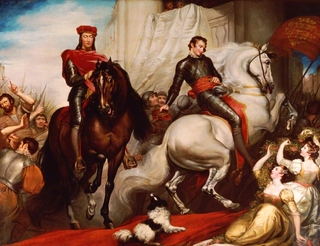
Meeting time: Tuesday, 3:30p-5:20p
Instructor: Rudiger Campe
With the idea of “the Political” we associate primarily not so much the traditional, ancient questions of the form of government or the constitution of the state but rather the principles of what characterizes human action – individual and collective – as ‘political.’ In this sense, “the Political” is an issue of strife and struggle, of gaining or losing power in the social and the anthropological context.
The hypothesis underlying the syllabus is that “the Birth of the Political” in this understanding of the concept has emerged as a phenomenon and a subject of debate in Europe during the early modern times, in the 16th and 17th centuries, and that it was conceptualized in theories in the 20th century. Such conceptualization took often place with explicit references from the 20th century authors to the early modern writers, especially in the period between World War I and World War II in Germany, France and Spain and later echoes after 1945.
The readings in the course thus concentrate on the pairing of excerpts from works and authors of the 16th / 17th centuries with those of the 20th century: Sepúlveda and Grotius on international law in the colonial context and the centralization of the territorial state – and Carl Schmitt on Land and Sea; Machiavelli’s The Prince – and the theories of sovereignty in Carl Schmitt and Ernst Kantorowicz; Lipsius and Hobbes on government and population – and Gerhard Oestreich and Michel Foucault on ‘governmentality.’ The reading of history plays and tragedies accompany these readings: Shakespeare, Richard II – and Kantorowicz; Racine, Britannicus – and Walter Benjamin on the ‘mourning play.’
The seminar is concerned with the question of how and why what we call the ‘early modern’ has been framed and conceptualized in the 20th century between and around two world wars, and how and why such reframing and conceptualization is connected to the “Birth of the Political.”